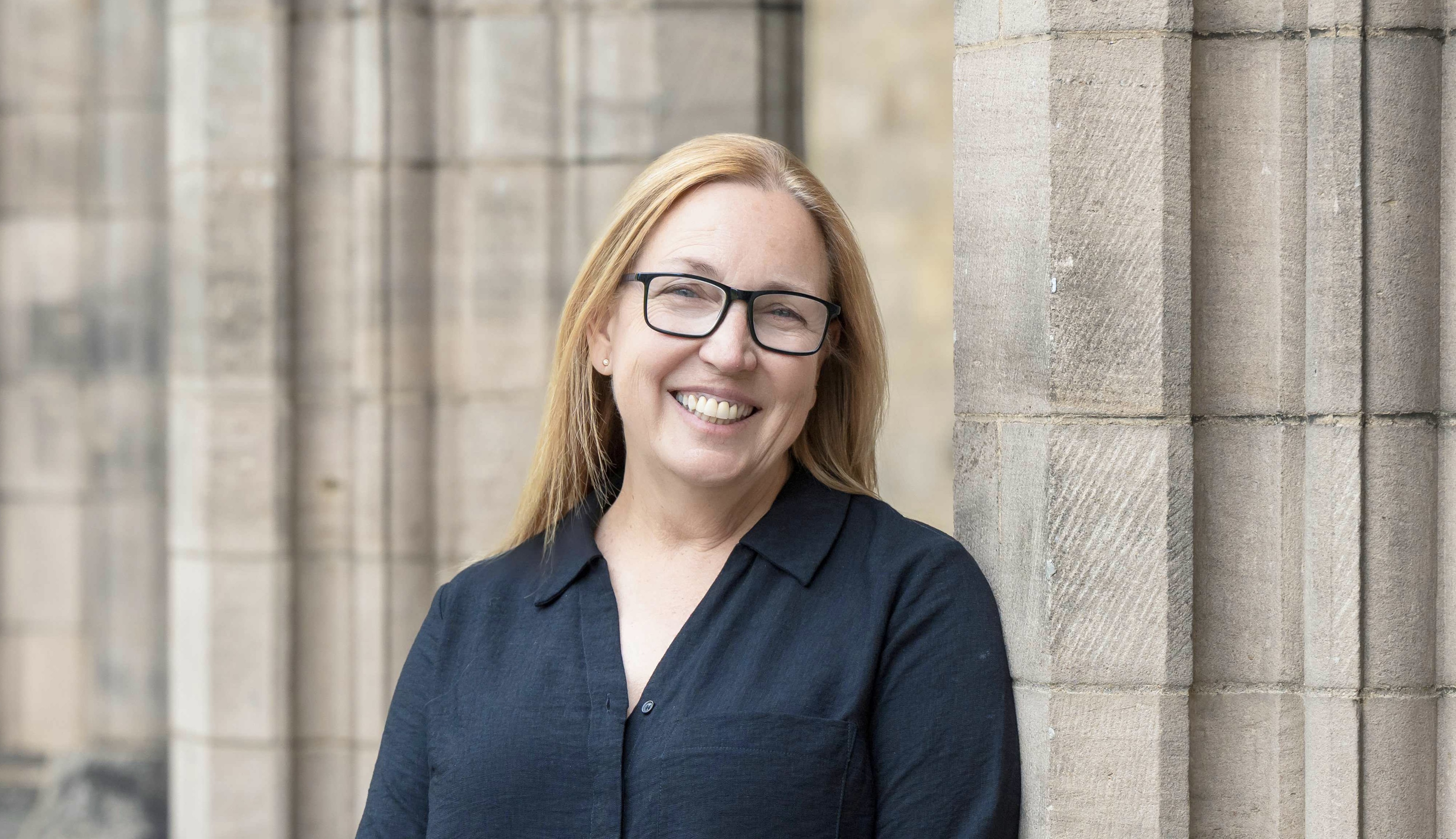Archiving – the process of storing and preserving data, documents, or records that are no longer actively used but needed for future reference – has evolved over the years.
From myriad boxes of documents stacked on library shelves and catalogued in databases, to digitisation through to where data is now. These days it’s born digital, meaning we start and finish with electronic records only. But one thing remains the same – having a robust and future proof archiving process is crucial to every organisation, no matter how large or small.
We asked TauRx Archivist Bob, who spoke recently at the first ArkFest virtual conference - an event hosted by #Arkivum, specialists in digital archiving and long-term data preservation solutions - to tell us a bit about his role as a custodian of the past, and how he ensures the story of TauRx developing a potential oral treatment for Alzheimer’s can be told for years to come.
“I've been working as a GxP archivist since 2018. Unlike in other workplaces, the pharmaceutical industry stipulates that there must be a named archivist within the organisation, chiefly to manage and retain the Trial Master Files (TMF) for each study run. These used to be in paper format but are now mainly electronic with extremely intricate filing structures.
“Ambitions of spending my days in an old (but not dusty) university or museum were squandered before I'd even finished my Archive and Records Management qualification at Dundee University. I had swapped the dark halls of academia for the luminosity of the pharmaceutical industry!
“In the talk I gave at Arkivum, I spoke about the two fundamental principles of archiving; Access and Preservation. An archivist is a guardian of the records but it’s not about locking them away, rather making sure they are available to the right people at the right time, so they can be used as a business asset.
“The archivist must preserve the integrity and quality of the records, both in the physical and electronic sense, and including the archivist from the beginning – something we call record ‘capture’, not just at the end (record ‘archiving’) is key.
“Finally, I advocated the archivist’s value by explaining our responsibility for the safety and intactness of data throughout the tunnels of time, and the ability to retrieve that data at any given point.
“Being an archivist is very satisfying for me as I love to work with information management systems and more importantly, I love working with people, who are at the heart of the business. The latter point is a central skill of the modern-day archivist. We need to engage with our users so we can get the most out of the information we are creating as an organisation.”






